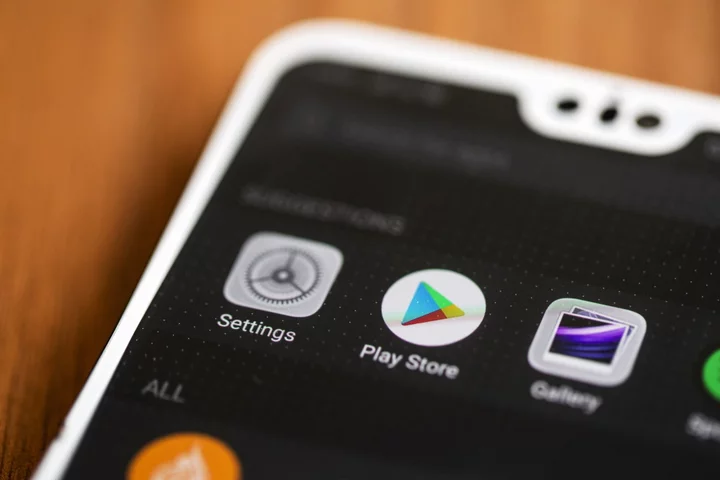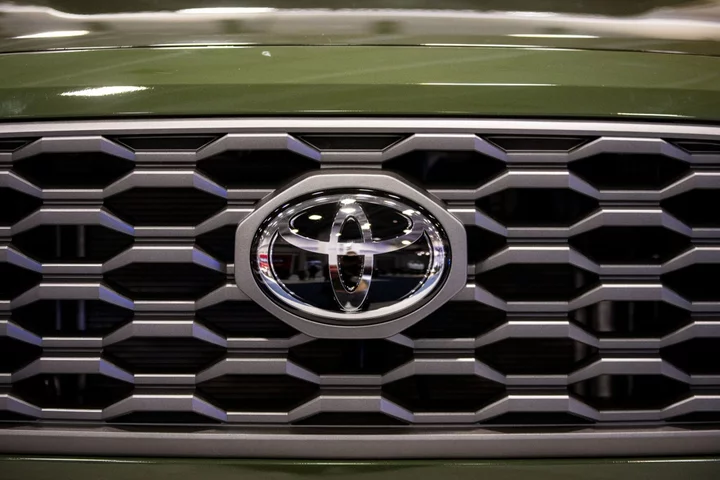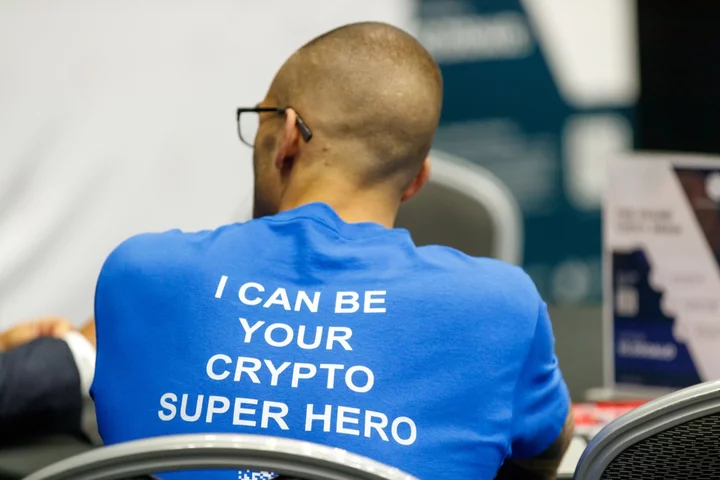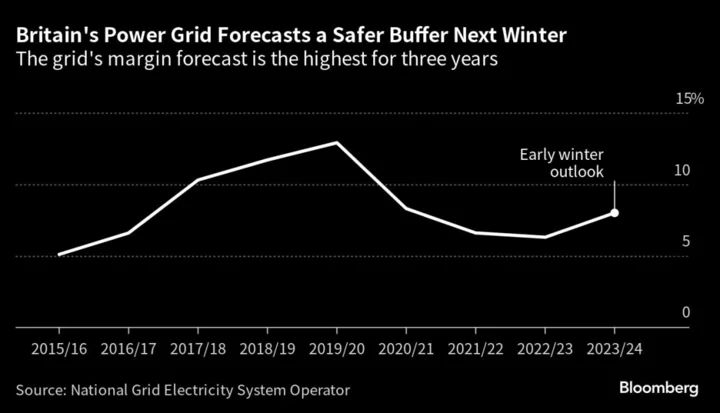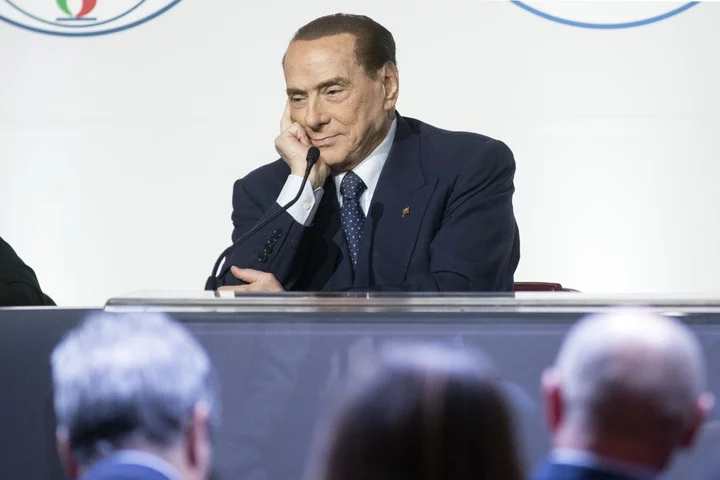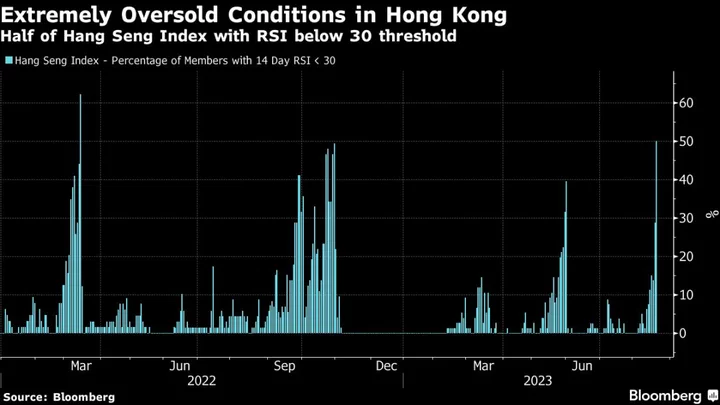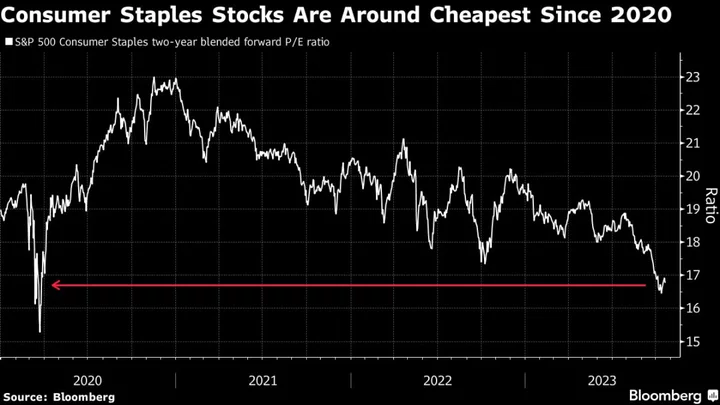Activision Blizzard Inc. accepted a package of incentives worth $360 million in 2020 to ensure its games launched on the Google Play store just as they did on rival platforms, jurors were told in an antitrust trial over Alphabet Inc.’s dominance in Android mobile apps.
As Epic Games Inc. puts on its case that Google Play app distribution and payment policies are anticompetitive, the Activision accord was presented Tuesday in San Francisco federal court as an example of the deals Google was making to keep developers in its orbit. Google stands to lose billions of dollars in Google Play revenue if Epic wins a ruling that upends the app store’s policies.
Epic’s lawyer Lauren Moskowitz presented internal documents and grilled a former Google Play executive about how the deals were aimed at addressing “noise” over the standard 30% revenue cut it took from developers and increasing competition from rival app stores.
Epic, maker of the popular Fortnite game, is trying to show that Google was so concerned about developers releasing games independently that it was willing to spend millions to persuade them to stick with Google Play — including an $18 million agreement it reached with Tencent Holdings Ltd.’s Riot Games in 2020.
‘Project Hug’
Inside Google this campaign was code-named “Project Hug,” but a lawyer for Epic argued at the start of the trial Monday that the technology giant was using “bribe or block” tactics to stymie competition in violation of federal antitrust law.
Google has defended its actions as above-board, arguing that offering developers certain incentives to launch their apps on Google Play is how the store competes with Apple’s App Store, in addition to the Samsung Galaxy Store and Amazon Appstore.
The Alphabet unit pushed back Tuesday to impress upon jurors that game developers were not prevented in any of its agreements, which included incentives such as co-marketing and ad credits, from creating alternate app stores.
Lawrence Koh, former director of games business development for Google Play, testified about the origins of “Project Hug” in 2019 as an initiative to attract developers. The jury saw internal emails and documents that showed Activision’s King unit and Riot Games were mulling whether to launch competing Android app stores.
In an email exchange in 2019, a coworker told Koh that Activision’s chief executive Bobby Kotick had said he was agitated by the 30% cut that developers had to pay Google Play.
$2.5 Billion Loss
One report projected that Google Play faced a cumulative $2.5 billion margin loss from 2019 to 2022 if it didn’t take action to shore up developer support. That prompted leaders at the app store to ask Google’s business council, comprising high-ranking executives, for an investment of $575 million through 2022 to lure top developers to Google Play.
When Koh was questioned by Google’s attorney, Michelle Park Chiu, about the arrangement his company struck with Riot Games, he said he “never” bribed the game maker to refrain from launching its own app store. Instead, Koh said, developers were merely asked to install games on Google Play with features and quality at the same level as what they rolled out on other platforms.
Epic’s lawyers pulled up internal emails that appeared to show that Google was intent on discouraging Riot Games from setting up its own app marketplace.
In an email from February 2020, Koh wrote that in early discussions with Riot Games, the focus was getting the company to shift away from launching its own “off-Play” distribution platform.
“Once Riot agreed to put aside their off-Play distribution platform and launch on Play,” he wrote, “we decided to move to the next phase of leveling up our partnership.”
Representatives of Riot Games didn’t immediately respond to a request for comment.
Activision has previously called Epic’s allegations “nonsense.”
“As we said in 2022, Google never asked us, pressured us, or made us agree not to compete with Google Play,” an Activision spokesperson said Tuesday.
Alphabet Countersuit
The antitrust fight kicked off when Epic sued Google in 2020. Alphabet claimed in a countersuit that the game maker breached its contract and acted in bad faith when it tried to set up its own app store as an end-run around the Google Play billing system.
Epic is the only stakeholder still suing Alphabet after the Mountain View, California-based company recently reached settlements with consumers, state attorneys general and Match Group Inc., all of whom had targeted Google Play in complaints. Two years ago, Epic largely lost a similar challenge to Apple over its app store.
The trial will resume Wednesday with testimony from more Google executives.

